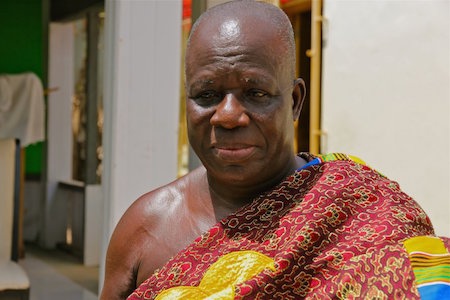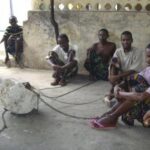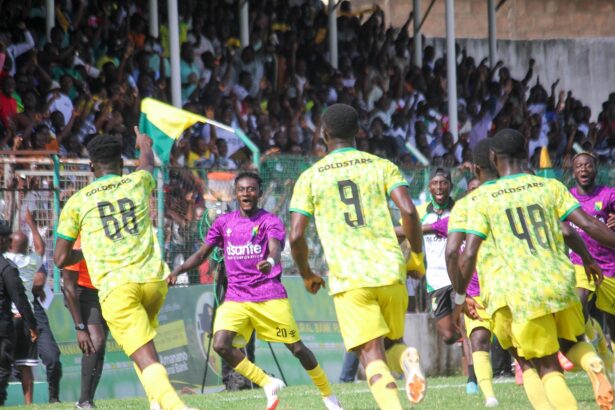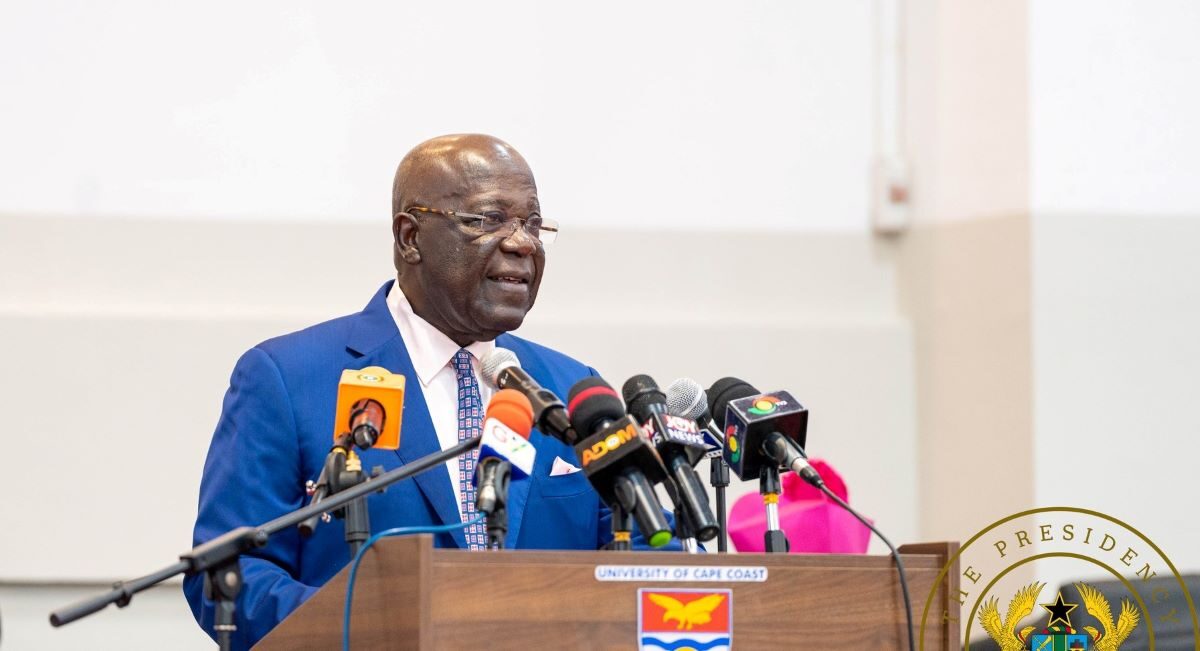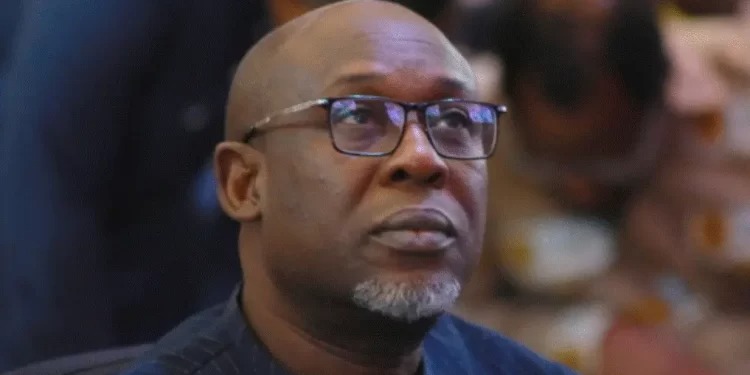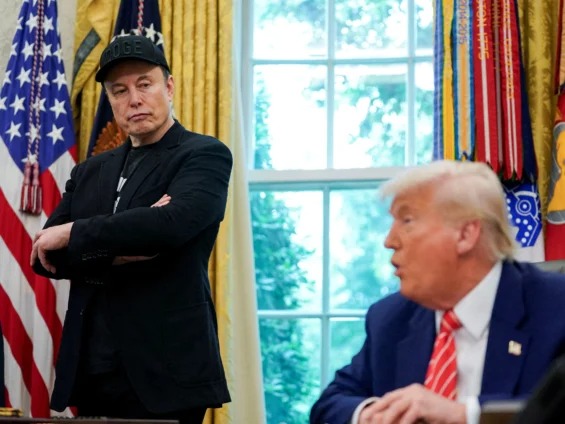Traditional authorities in the Western Region have expressed their disappointment at policy makers for neglecting them in key decision making activities in the country.
The traditional authorities wondered why policy makers rather sought their support and goodwill during the implementation stage of development interventions such as healthcare, infrastructure and national development issues instead of involving them at the decision making stage.
The chiefs and queen mothers of the Western Regional House of Chiefs expressed these concerns when the Mental Health Authority and Ghana Health Service engaged the traditional leaders to solicit their support to promote mental health issues principally the new Act 846 as part of events being held to mark this year’s World Mental Health Week to be hosted in the Western Region.
Awulae Annor Adjaye II, Paramount Chief of Eastern Nzema, who was unhappy with the lack of involvement of traditional authorities in major decision making of the country added, “How do we champion a cause that we have little or no knowledge of…I for one have not seen a copy of the Mental Health Act and so how do I effectively engage with my communities now that you are calling for our support”.
Nana Kwesi Agyeman IX, Paramount Chief of Upper Dixcove, who added his voice to the call for involvement, quizzed, “You want us to help…but you do not solicit our views on pertinent matters of state welfare”.
Awulae Amihere Kpanyinle, the Acting President of the Regional House Chiefs, called on government to show more commitment to the fight against mental health concerns.
He said much attention should be channeled into providing the needed facilities in terms of housing and medications for these vulnerable segment of the society.
Nana Akosua Gyamfiaba, II, Acting Paramount Queen of Shama Traditional Area, said politicians could be blamed for the issues of neglect, stigma, isolation and abuse of mentally ill persons because of the lack of responsibility by state actors to give priority attention.
“How can we have only three hospitals taking care of thousands of people with this condition, where the drugs, the clinical support and human resources to manage and help people with the condition to come out of the situation” ?
Mr Charles Kwame Vigbedor, Regional Mental Health Coordinator, said the mid-year review by the Ghana Health Service revealed that 1,988 diagnoses were made in 2017.
He said a head count of vagrants within the region numbered 325, a situation he mainly attributed to issues of shelter and family neglect.
Mr Vigbedor said educating traditional and religious leaders has become paramount to help control as well as enhance community relations with such persons.
The Regional Coordinator said one out of 10 children could be a mental health patient whiles one out of four adults was a potential mental health patient.
Mr Vigbedor urged the traditional leaders to be ambassadors in their respective communities to help reduce stigma and restore hope to such vulnerable groups.
Source: GhanaWeb
